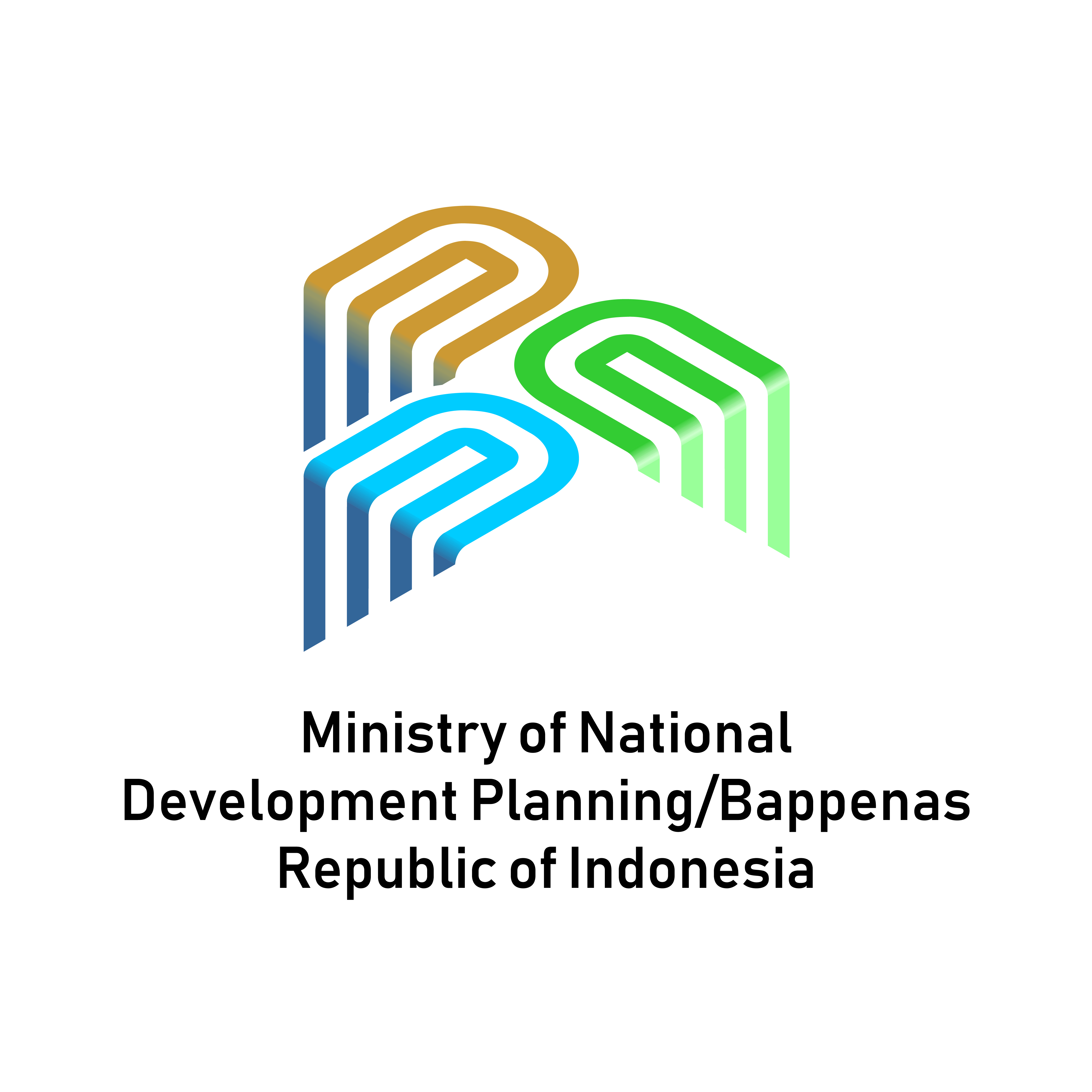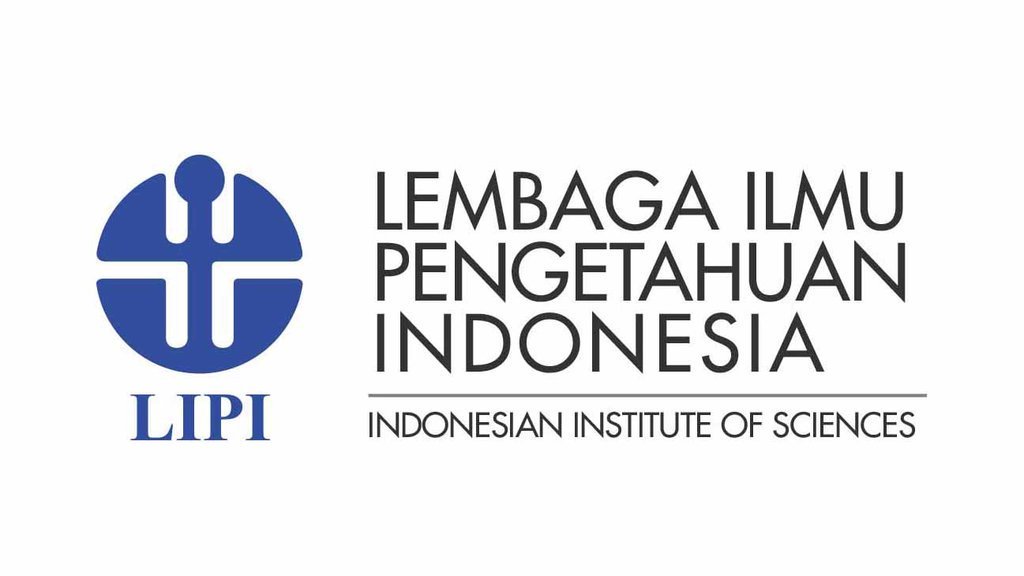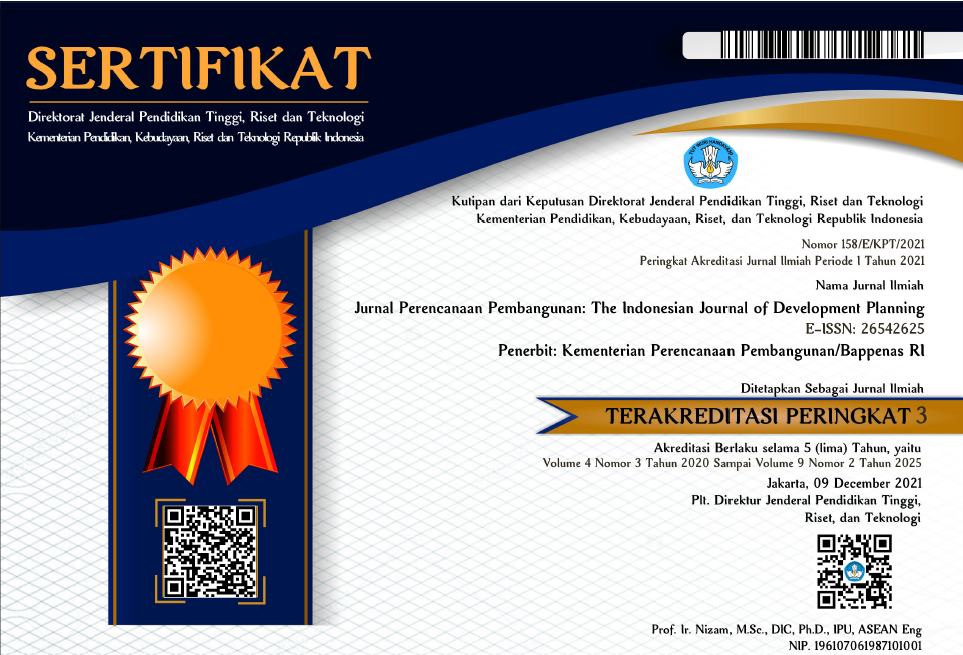The Effectiveness of Targeting Social Transfer Programs in Indonesia
DOI:
https://doi.org/10.36574/jpp.v3i3.90Keywords:
targeting social transfer programs, vulnerable poor, urban-rural differences, legal identity, the role of a government employee, social safety net, cash transfer, in-kind transferAbstract
This paper assesses the performance of method targeting and implementation error of social transfer programs in Indonesia, which consists of Raskin, in-kind transfer; Program Keluarga Harapan (PKH), a conditional cash transfer; Program Indonesia Pintar (PIP), scholarship program; and Program Indonesia Sehat (PIS), free health insurance for the poor and vulnerable. The logit model of exclusion and inclusion errors shows the drivers of probability error in targeting these four kinds of social transfer programs. The finding shows error in the implementation that relies heavily on urban-rural differences and legal identity ownership rather than the role of government employees. Measuring the performance of miss-targeting is needed to improve the effectiveness of social transfer programs on achieving their goals. The analysis of targeting performance suggests caution in employing a mechanism of the delivery program to improve the implementation of the targeting program to promote more social safety net rather than in-kind transfer and cash transfer as well as to re-evaluate the identification requirement for receiving social benefits to reach the beneficiaries from the extreme poor
Downloads
Downloads
Published
How to Cite
Issue
Section
License
This is an open-access article distributed under the terms of the Creative Commons Attribution-NonCommercial-ShareAlike 4.0 International License. Copyright © Kementerian PPN/Bappenas RI


















